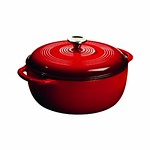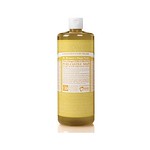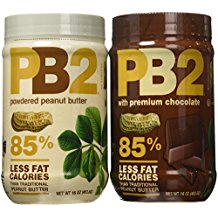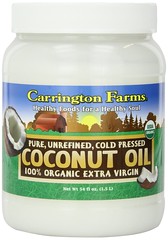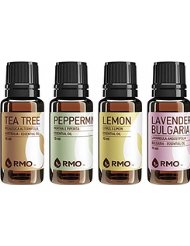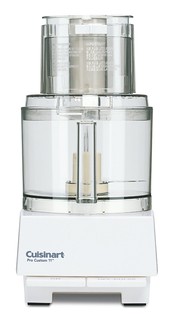Mighty Magnesium
>> Thursday, February 19, 2015
Are you deficient in magnesium? That’s a question no doctor has ever asked me. I’ve never had a test, but I show many of the signs, including fatigue, weakness, anxiety, and pesky irritability. That sounds like me, right? OK. I’ll go easy on myself, but I definitely feel tired and anxious often. So, I’ve been looking into magnesium as a possible culprit.
You might be surprised to learn that magnesium is necessary for over 300 reactions in the human body. It’s also been credited with helping ease migraines, muscle spasms and cramps, and even morning sickness, among other ailments. But the situation is more complicated than getting just enough magnesium -- it’s creating an ideal balance with calcium as well.
- Calcium excites nerves while magnesium calms them down.
- Calcium makes muscles contract while magnesium lets them relax.
- Calcium helps blood clot while magnesium keeps it flowing freely.
Then comes supplementation, which can be taken in many different forms.

// 1: Epsom Salts
Epsom salts present a great way to absorb magnesium sulfate through the skin. You can add a few cups to your bath or a bit to a foot soak and melt aches + pains away. It’s also a readily available and inexpensive option.
// 2: Magnesium Oil
You can also make your own Magnesium Oil by combining 1/2 cup magnesium chloride flakes with 1/2 cup distilled water (boiled). You can store this mixture up to 6 months. Or you can buy magnesium oil at health food stores or online. Studies haven’t entirely caught up with taking magnesium this way (it’s called “transdermal therapy”), but a lot of people prefer to absorb it through the skin.
// 3: Supplement Pills
Then comes pills. There are a number of magnesium supplements on the market today. One I’ve heard good things about is Slow Mag, which also contains calcium -- working at that better balance I mentioned earlier. I’ve noticed that magnesium supplements tend to be categorized as helping anxiety and having a calming effect -- you might find it in some stores in that particular section (like at GNC, which is where I recently saw it).
// 4: Supplement Powders
I’m still learning more about it, but I learned from a quick Instagram that many of you are already taking a magnesium supplement called Natural Calm as part of your everyday routine. I picked up a tub of this stuff the other day, and I’m interested to see how it works for me. It’s a powder that you absorb into water and drink. You start by taking about a 1/2 teaspoon each day and work up to around 2 teaspoons or 325 mg of magnesium (81% of the daily recommended value).
The last time I visited with my midwife, we chatted about magnesium because I have read it might be helpful with irritable uterus (calms muscle contractions). Of course, I’m always thinking ahead because I’d love to never experience that whole thing again. So, we decided I’d start trying the supplement before pregnancy and see if it agrees with me. She hadn’t heard of its application in that area but says she regularly recommends magnesium to her pregnant patients who have muscle cramps and other issues. I’ll be sure to report back how it’s working.
Anecdotally, I did have a really great night sleep the last few nights, and that’s an area where I’ve been having some trouble lately.
Do you take magnesium? What has your experience been? Any suggestions you don’t see outlined here?
Like what you just read? Browse more of our posts + recipes on Pinterest. You can subscribe to the feed of these posts or follow us on Twitter or Facebook to be the first to know what the (never home)makers are up to. And we’ll love you forever!







